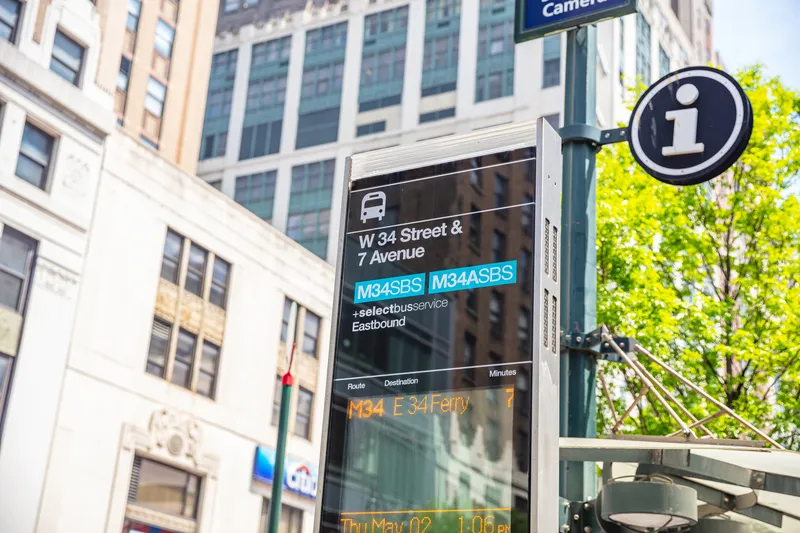
Transport planning specialist Optibus has moved into passenger information management systems by acquiring Trillium.
Optibus' cloud platform helps companies to schedule and roster transit operations, and it will now absorb Software as a Service (SaaS) provider Trillium into its offering, giving it a data aggregation and analysis capability.
Trillium will become Optibus’ global centre for data excellence and operate as an Optibus subsidiary, bringing its expertise in public transportation data feeds.
“Our acquisition of Trillium accelerates Optibus towards its vision of an all-encompassing, end-to-end software platform for daily transportation operations," says Amos Haggiag, CEO and co-founder of Optibus.
Founded 14 years ago, Trillium has championed public transportation data, including the General Transit Feed Specification (GTFS), which has helped allow the industry to publish schedule and real-time service data in a format which can be used by apps such as Google Maps and Apple Maps.
Optibus will now offer its customers Trillium’s data products and services, including GTFS Manager, transit alerts, interactive maps and transit websites.
"We are committed to realising that vision through the development of cutting-edge technology alongside organic business developments and corporate development initiatives that enable us to work with industry leaders like Trillium," says Haggiag.
Trillium has worked with 350 US transit agencies and operators, including the Port Authority of New York and New Jersey, Caltrain, Anaheim Resort Transportation, San Francisco Bay Ferry, Sonoma County Transit, DC Streetcar, and the Departments of Transportation (DoTs) in Massachusetts, Oregon and Colorado.
“Open data systems are what drives public transport forward,” said Aaron Antrim, founder and CEO of Trillium.
“By joining Optibus, Trillium will integrate its data-centric offerings into an end-to-end software platform for public transportation operations, enabling us to continue offering excellent support and consultancy to transit agencies and state and federal DoT customers in North America.”








